E-club brings composting to the cafeteria
E-club members Gwen Koehne and Lauren Benchoff set up composting bins in the cafeteria
January 27, 2016
While throwing out food, have you ever wondered how much is wasted by each person? The United Nations Environment Program has collected data to find the answer to this question.
In the United States alone, 30-40% of the food supply is wasted, equaling more than 20 pounds of food per person per month. That means that around 240 pounds of food is wasted per year per person.
1.3 billion tons of food are currently in landfills. More than 50 percent the food waste dumped into these landfills are used to create fossil fuels. Composting can turn those fossil fuels into rich soil.
Gloucester High School’s environmental club has taken a stand against food waste and has created a solution to the problem. Starting this week, there will be a compost bin provided at every lunch along with a recycling bin.
Last year’s senior class, along with the Environmental Club, was able to win a grant from Awesome Gloucester and to purchase large green bins for recyclables and compost. The grant also helped to pay for composting services.
The Backyard Growers program also provided help for the graduated seniors by teaching them how to properly garden and compost. This only lasted for the few months until they graduated. Now, Backyard Growers and the E-Club are working together to get this program up and running again.
Courtland Kelly, a maricorp for the Backyard Growers program, has designated her time to helping the members of E-Club and helping the students at GHS to understand the importance of composting and recycling more often.
“So you know how you can recycle plastic, and aluminum, and glass, and all of those things. This is a way to recycle food waste because in our current food system, we harvest the food and then we put the waste in landfills where it decomposes away from anything that could possibly be used to help grow, like all of the nutrients,” said Kelly. “When people don’t use a composting system, the nutrients in the food are wasted when they could be used to create healthier soil for the gardens.”
GHS English teacher James Cook has also been helping Kelly facilitate the E-Club by providing tips on gardening skills, finding services and contacts for the program, and looking for available grants.
The Hamilton composting facility uses tractors to roll the compost until it becomes dirt, and is returned to Gloucester a few months later.
“So by collecting the compost,” said Kelly, “Black Earth in Hamilton takes the food waste and they bring it to their composting facility and they take all of the food waste in there and have it turn back into compost and then we use it in the school garden.”
There will be three bins below the LED sign at the back of the cafeteria. One will be for compost, one for recycling, and one for trash. Wondering what goes in each bin? Anything that used to be alive and organic is compostable, even paper and napkins. Foods like shells, bones, peels, rinds, apple cores, pizza crusts, sauces is also compost worthy.
Every day, members of the environmental club will monitor the bins and to help students compost correctly.
“The worse thing that could happen is for non-compostable stuff like plastic wrappers or cans to get into the compost,” said Kelly, “because then they can’t use it and the whole thing has to go into the trash.”
The E-Club will be holding a poster contest to promote composting. Posters must show the process of composting, what is compostable, or a picture that helps the students learn about composting. The winner’s poster will then be used in the cafeteria above the bins.
“The middle school just started a composting program last week.” said Kelly. “So next year, the freshmen coming in will have been exposed to it and we are hoping that over time it just becomes a natural part of how people take care of their lunch trash.”
If you are interested in the composting program, or you are looking for volunteer hours for NHS or another program, you can become part of the composting program during school lunch hours. Stop by James Cook’s room in 2207 for more information.
If you have any further questions then use the following resources:
- The environmental club meets every Tuesday and Thursday after school.
- James Cook can be found in room 2207
- The Backyard Growers are based on Main St. in Gloucester.
- Or, you can contact Courtland Kelly directly at: [email protected]
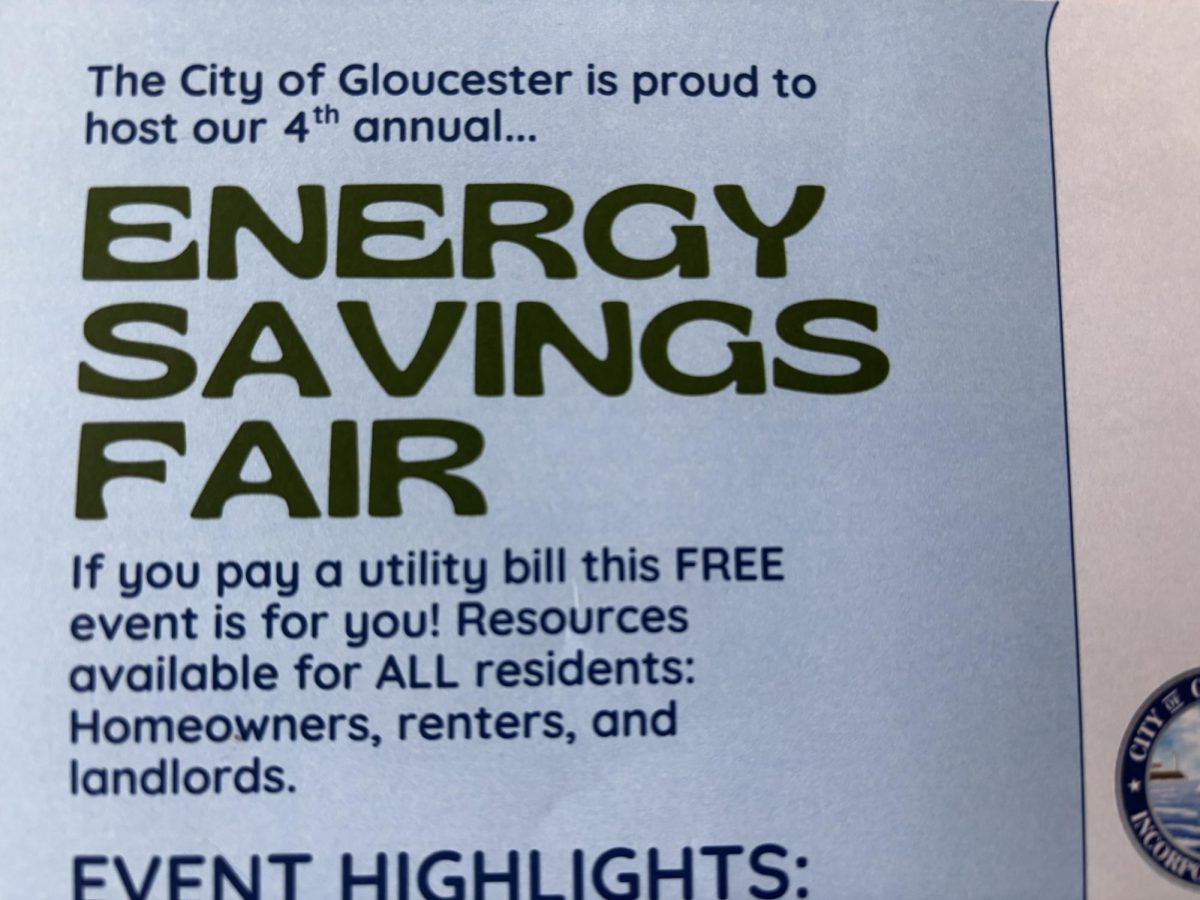
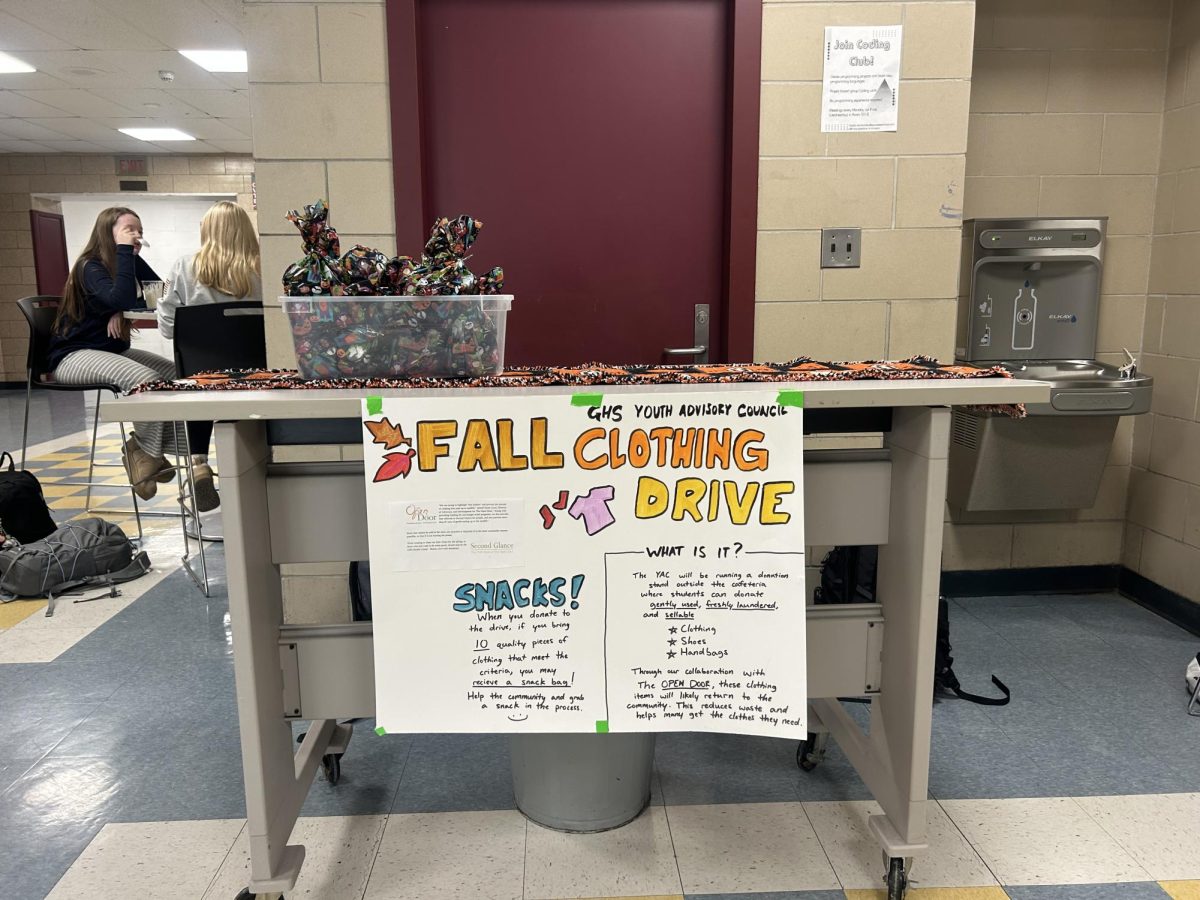
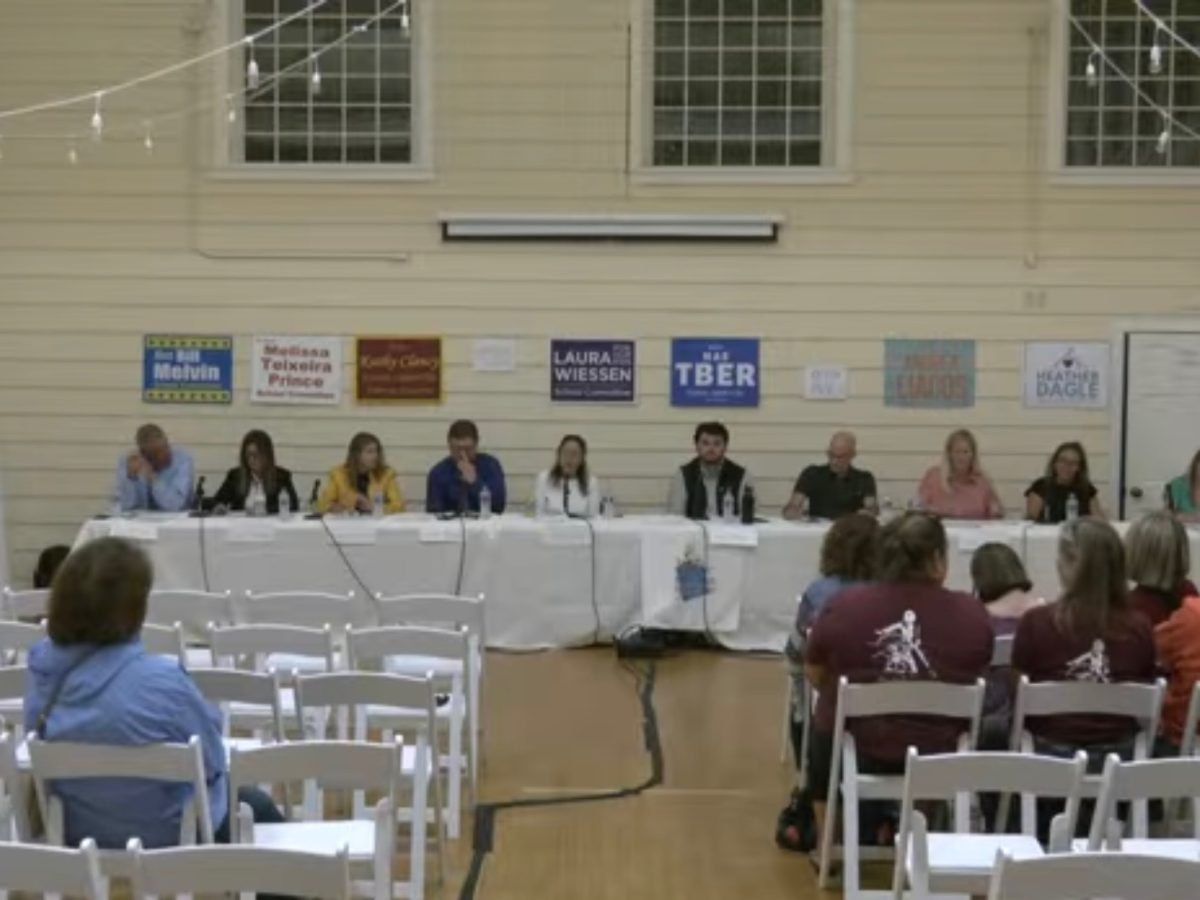








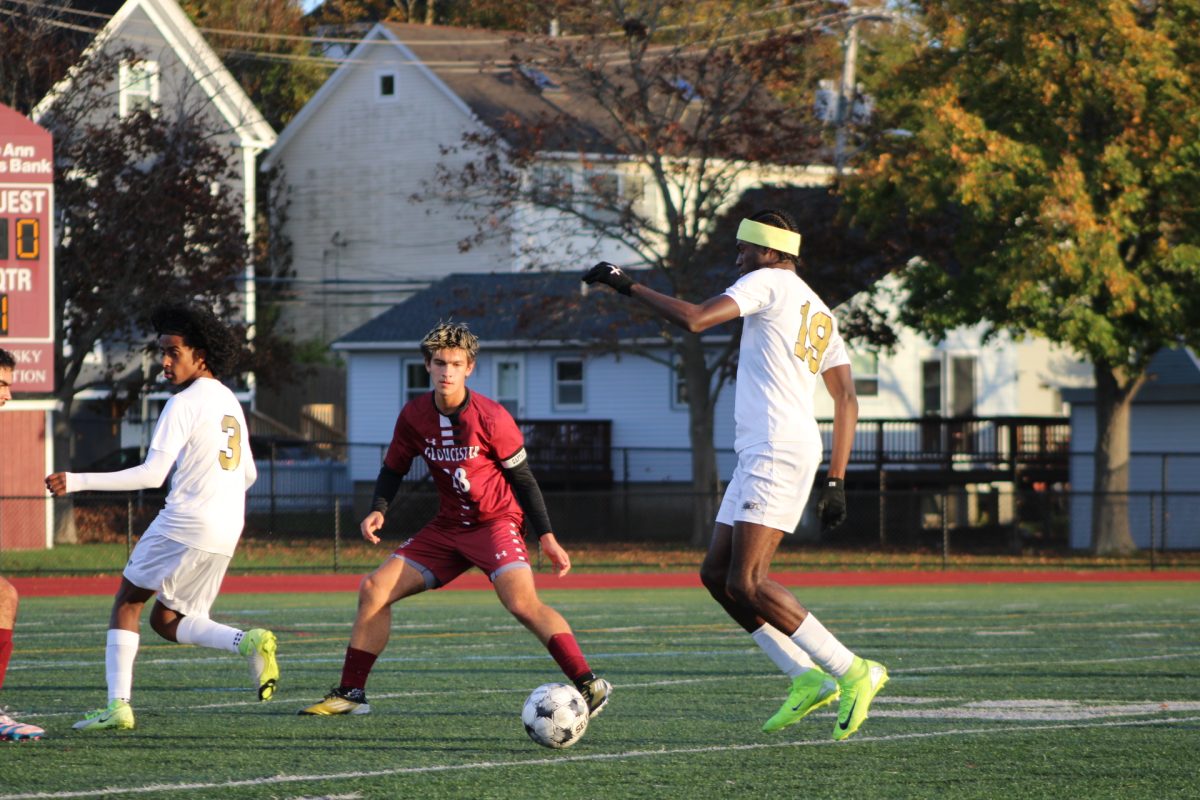
![The Volleyball team poses after their win. [Photo courtesy of GHS Volleyball]](https://thegillnetter.com/wp-content/uploads/2025/10/IMG_6936.jpg)
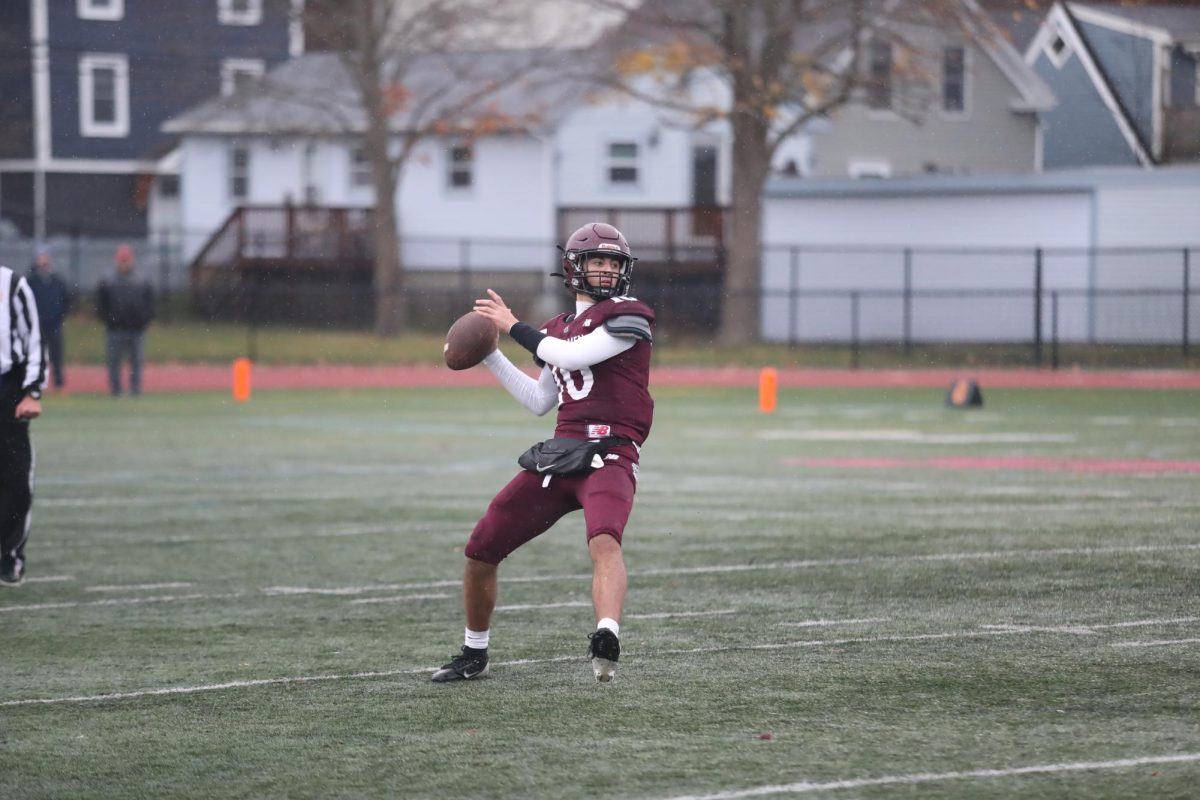
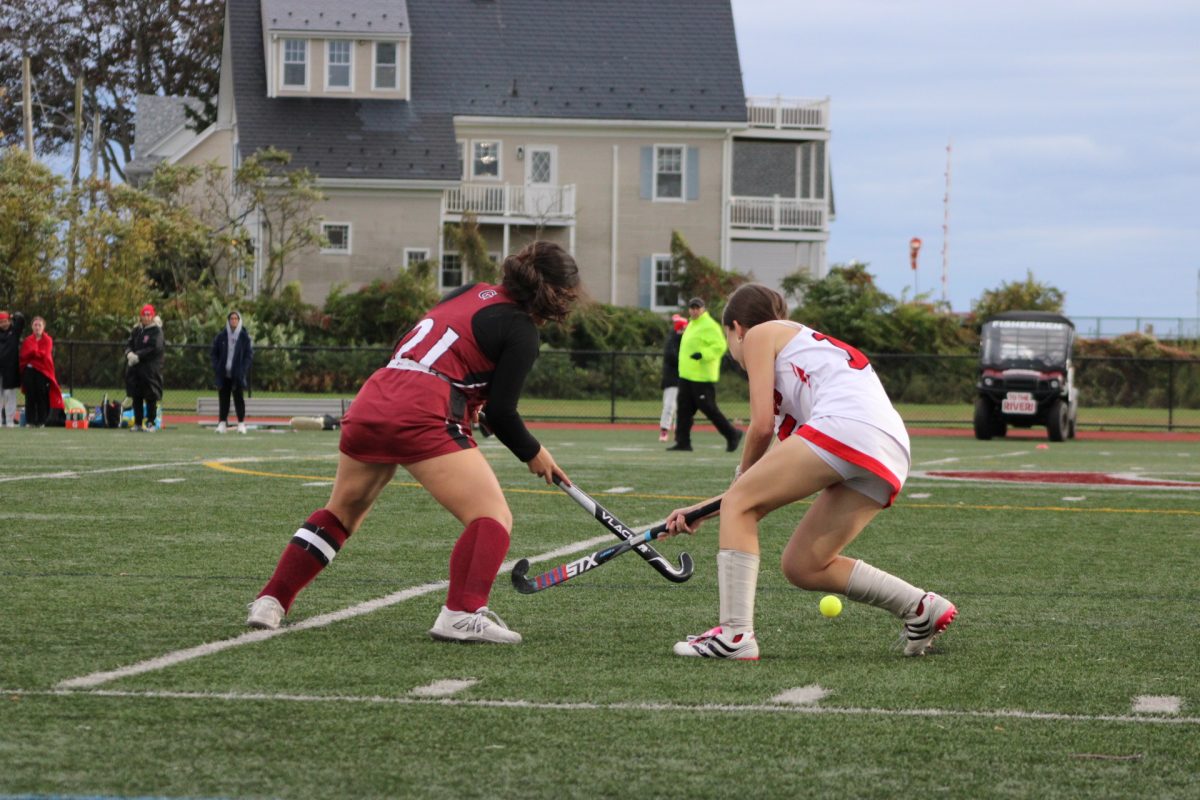

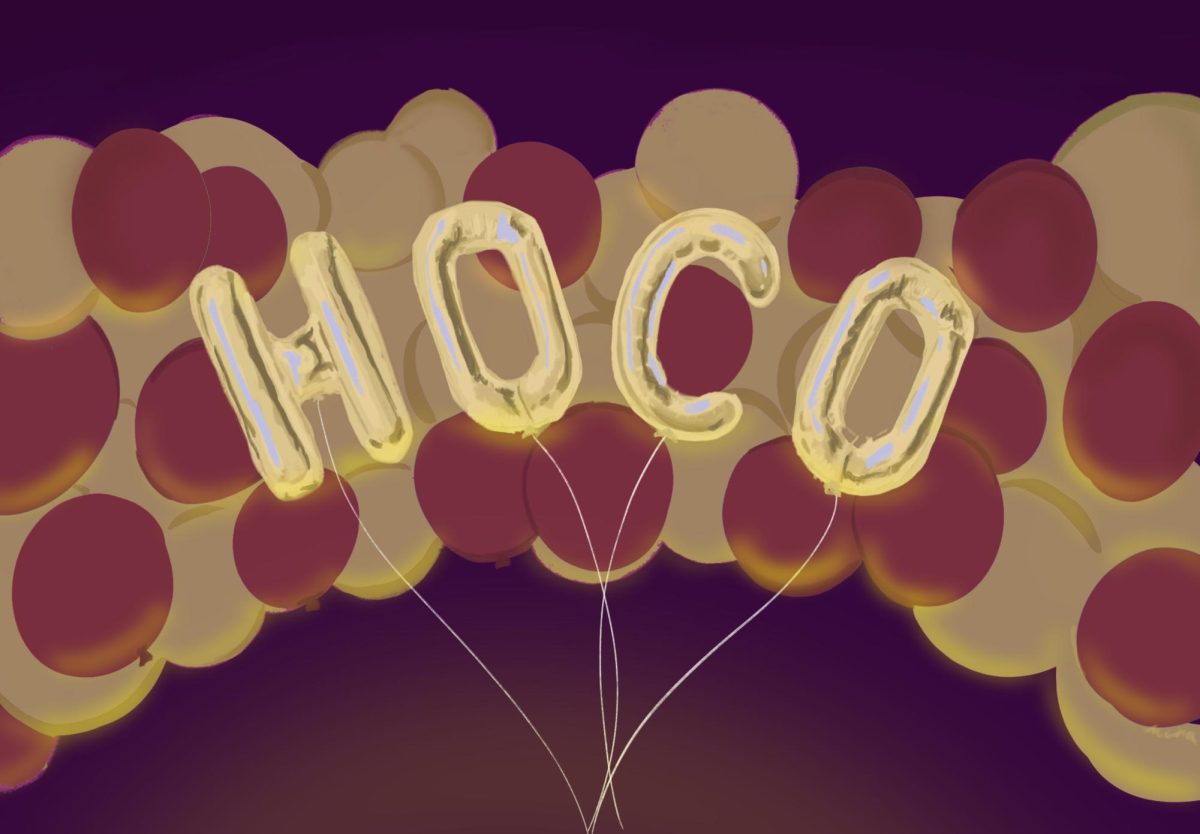



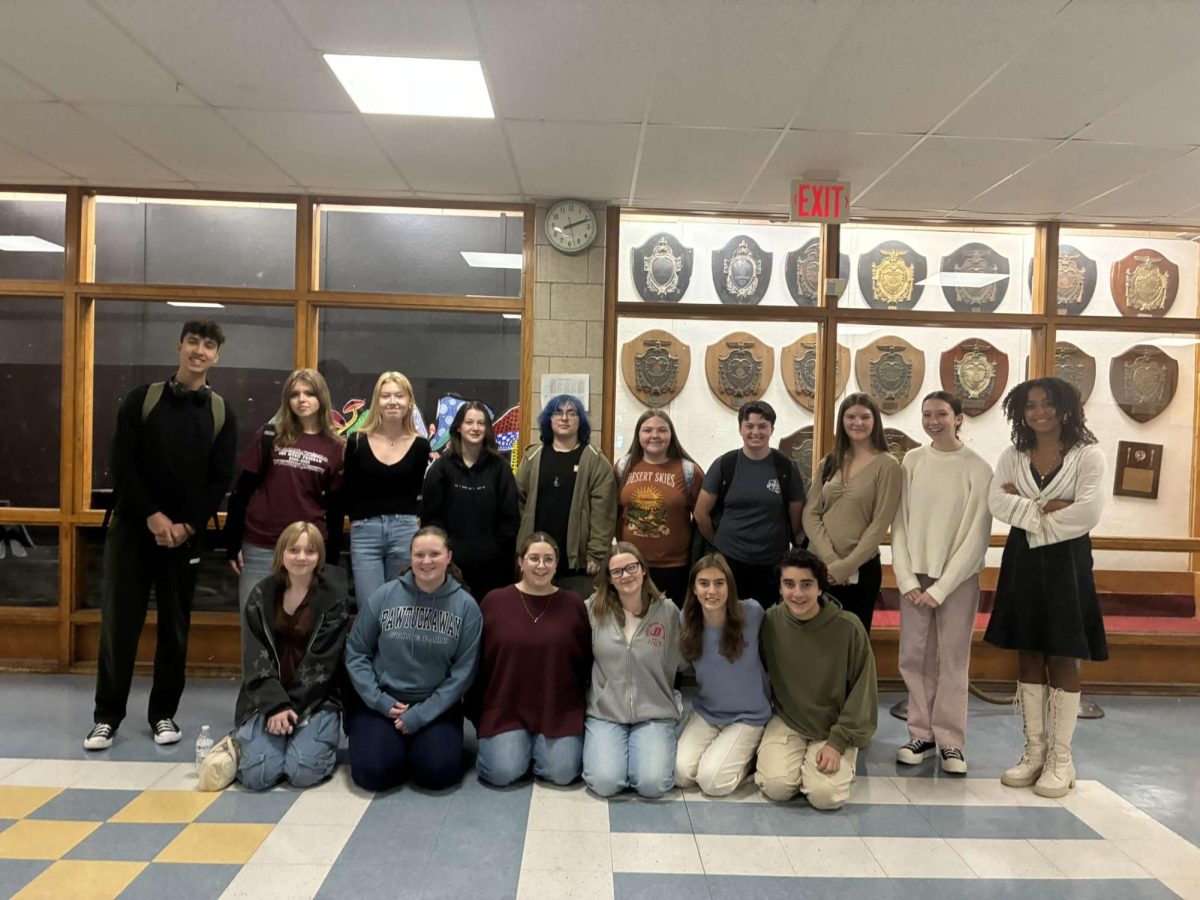










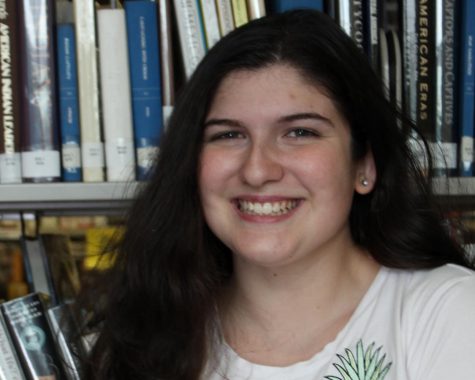

Roy Kirwa • Apr 28, 2016 at 1:52 pm
this is a dumb program fueled by liberal stupidity that some dumb program will spontaneously c
Wendy Rose • Jan 31, 2016 at 9:38 pm
It would be amazing if the wave of such a program could ultimately wash over the entire city of Gloucester to provide each house with a compost bin. Manchester By-The-Sea is already on board and doing this. I think the students should address the Mayor and start working on it if if hasn’t already been in the making. If the subject is on the table then perhaps the students can bring the idea to fruition for the entire City of Gloucester.
Great job Maria and the Gill-netter staff!